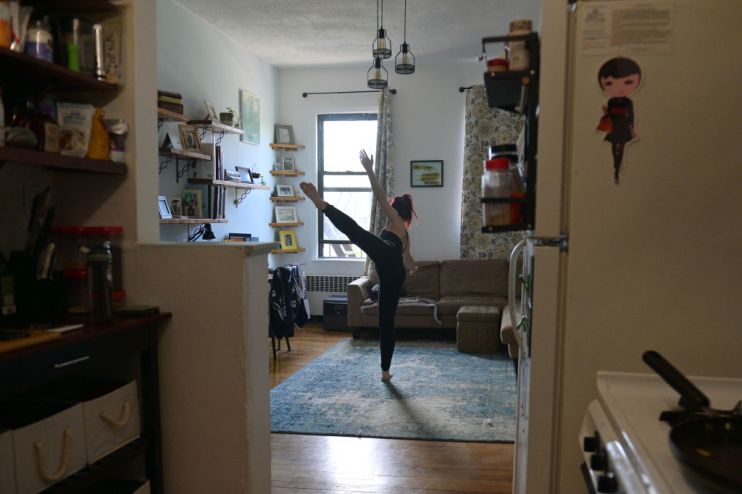The government’s ballet dancer ad missed the mark – but let’s not write off retraining

On Monday, the government faced a great deal of backlash for promoting adverts encouraging retraining — suggesting, among other things, that an aspiring ballet dancer should retrain “in cyber”.
Condemned for being tone-deaf and undermining the arts sector, the criticism mirrors a similar reaction to comments made by the chancellor last week, when he claimed that people in “all walks of life” need to adapt for employment.
It is understandable that many people, particularly in the creative industries, are frustrated by the messages these adverts put out (even if they were not new but rather part of an ongoing Cyber First campaign run by the National Cyber Security Centre). With whole industries at risk of going under thanks to the coronavirus pandemic, millions face redundancy and an increasingly uncertain future in which the careers they worked hard to build may no longer be viable. They want to know that the government will support them, not write them off.
But something has got lost in these adverts. The country is facing a serious recession that will alter the jobs market for a long time to come, potentially forever. For many of those who have lost jobs, retraining will be a crucial step towards accessing good, fulfilling careers that will weather the economic crisis and provide hope for the future.
Such careers may require new skills. Even before Covid-19, the widening digital skills gap was a hot topic for the government and businesses alike. The 2019 Open University Business Barometer report found that organisations in the UK are spending £4.4bn a year as a result of the skills shortage, with more than 68 per cent of employers struggling to find workers with the right skills.
The pandemic has only served to catalyse digital transformation, and digital skills are more in demand than ever before. For those uncertain about their futures in the “new normal” of the post-Covid world, this field represents an exciting opportunity.
The idea of retraining can seem daunting, but it need not be a complete rewrite of a person’s existing skills and knowledge. Closing the skills gap means attracting bright people seeking a second career into areas such as cyber security or computing, as well as raising awareness of digital roles and opportunities within different sectors — including the arts.
Higher education has a vital role to play, and institutions need to think about how they can develop students’ skill-sets — and interest — in taking on digital roles. That means starting a wider conversation about how varied and creative digital roles can be, and the wide range of people who might be suited to them.
It is also important that the opportunities for retraining are made widely accessible. Here the government has made some progress, with the recent announcement of the National Skills Fund offering support that will be available to adult learners. More universities should also offer foundation years so people can gain the qualifications they might not have obtained at school and open up new doors to further learning. Open, inclusive and lifelong education is key to ensuring that everyone can be equipped with the skills they need to adapt to a rapidly changing market.
Ultimately, we are facing a difficult period ahead and no one can predict the future. However, one thing that is for certain is that building up a solid foundation of digital skills and awareness of digital careers will be useful no matter what you end up doing.
It is time for us all to rethink retraining — not as an option you are resigned to because your first choice or dream career is no longer viable, but as a window of opportunity to a new world of exciting and fulfilling careers.
Main image credit: Getty